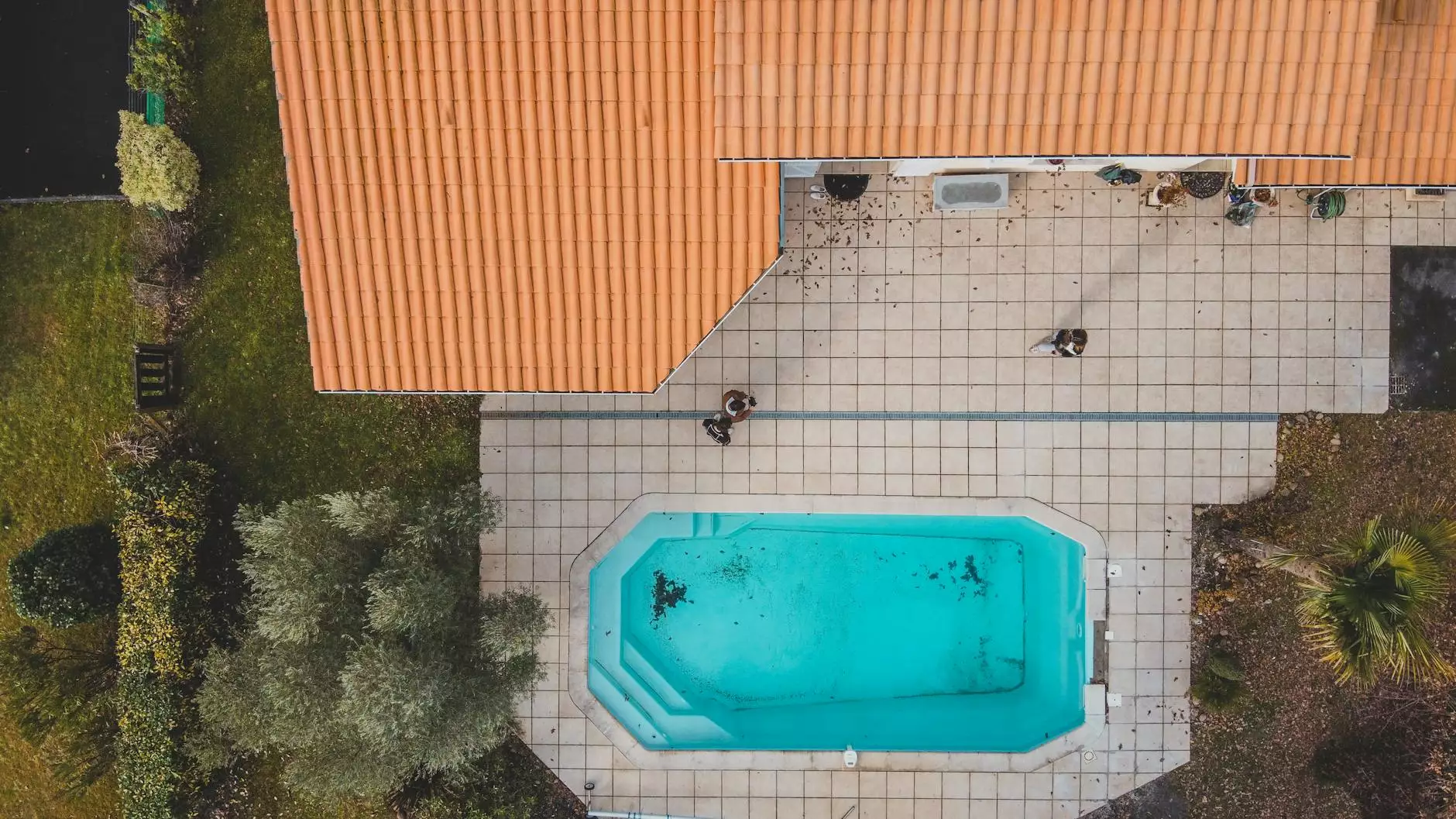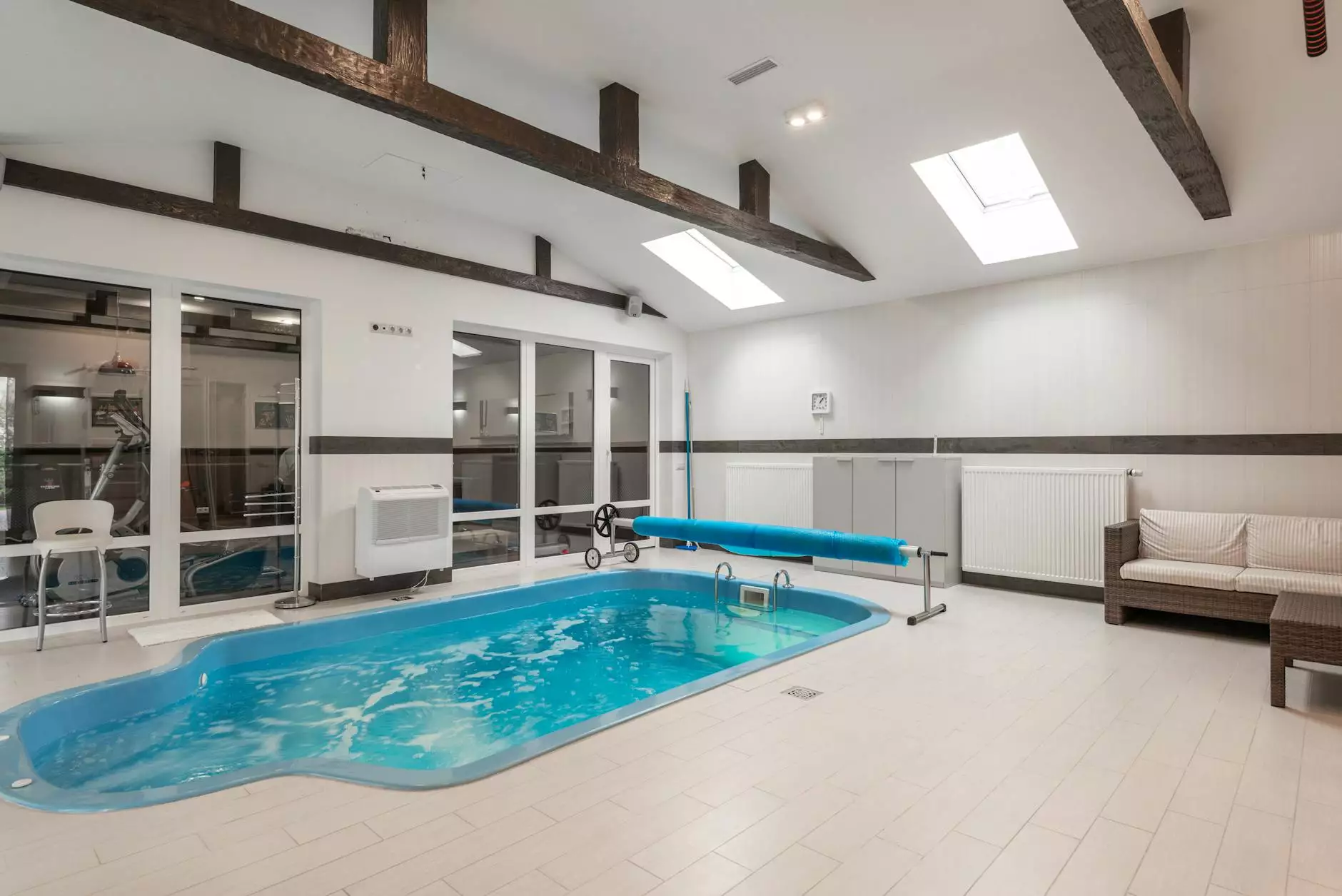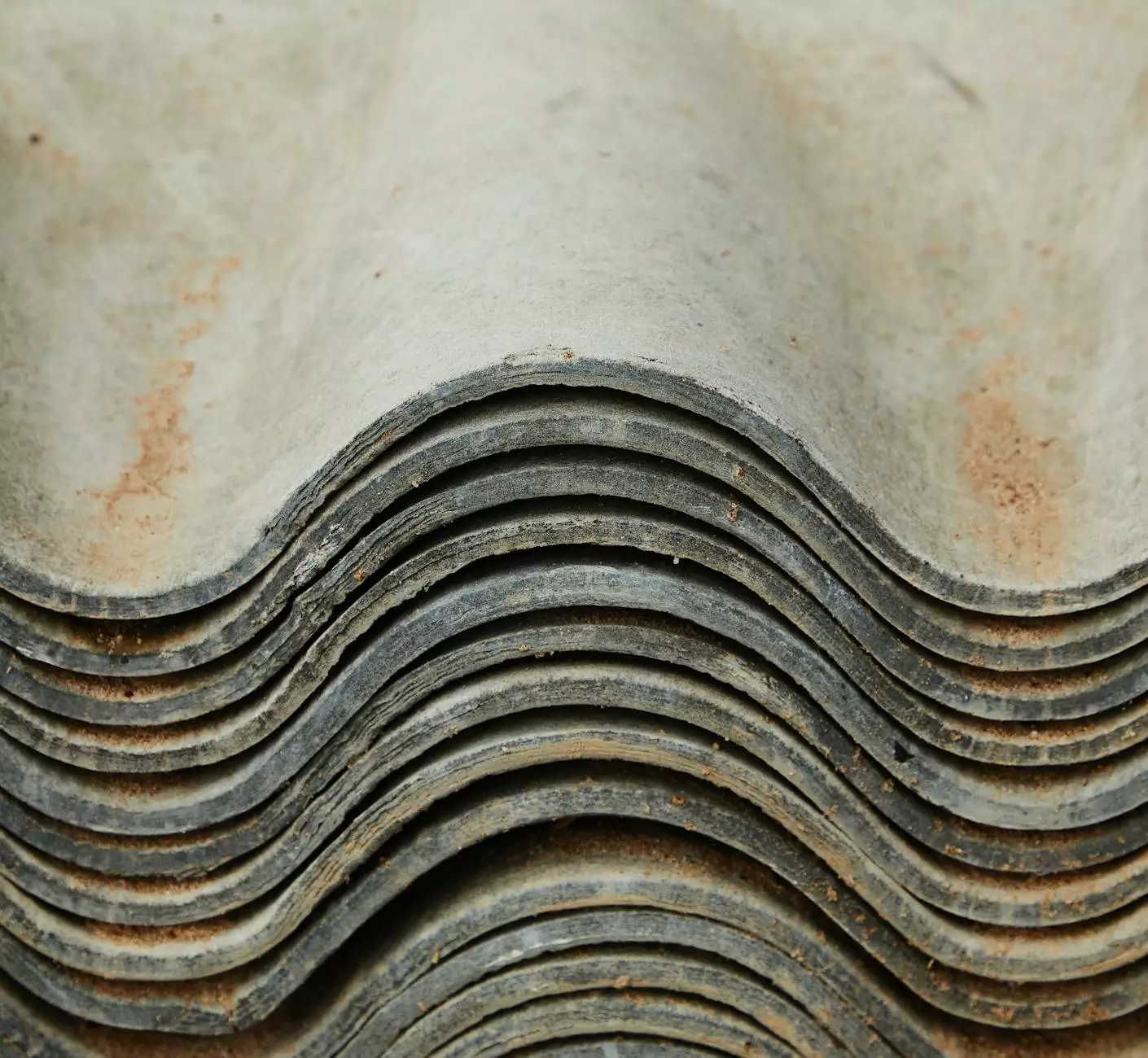[Guide] The Three Types of Roof Membranes And Their Benefits
Blog
Welcome to Bio-One Atlanta's comprehensive guide on the three types of roof membranes and their benefits! If you're looking for information on roof membranes and how they can protect your property, you've come to the right place. In this guide, we will explore three commonly used roof membranes, their unique characteristics, and the advantages they offer for your business or residential building.
1. EPDM Roof Membrane
EPDM, or ethylene propylene diene terpolymer, is a popular choice for roof membranes due to its durability and flexibility. This synthetic rubber membrane is highly resistant to UV rays, ozone, and weathering, making it ideal for both commercial and residential applications.
EPDM roof membranes are available in various thicknesses, allowing for customization based on the specific requirements of your roof. The installation process involves adhering or mechanically fastening the membrane to the roof substrate, ensuring a secure and watertight seal.
One of the key benefits of EPDM membrane is its long lifespan, with an average service life of 30-50 years when properly maintained. It also offers excellent resistance to hail and punctures, reducing the risk of leaks and water damage.
Additionally, EPDM roof membranes are known for their energy efficiency. The material has a high solar reflectivity, which helps to reduce the heat buildup in your building and lower cooling costs. EPDM can also be paired with insulation to enhance energy savings further.
2. TPO Roof Membrane
TPO, or thermoplastic olefin, is another popular roof membrane option that offers excellent weather resistance and energy efficiency. Made from a blend of polypropylene and ethylene-propylene rubber, TPO membranes are lightweight, flexible, and easy to install.
One of the significant advantages of TPO roof membranes is their highly reflective surface, which helps to reduce heat absorption and lower cooling costs. The material's white or light-colored surface reflects sunlight, minimizing temperature fluctuations and keeping your building comfortable.
TPO membranes are also resistant to mold, algae, and dirt accumulation. They provide excellent resistance to impact, making them suitable for areas prone to heavy foot traffic or hailstorms. With proper installation and maintenance, TPO roof membranes can last up to 30 years.
Moreover, TPO membranes are environmentally friendly as they can be recycled once their service life is over. This makes them a sustainable choice for eco-conscious property owners.
3. PVC Roof Membrane
PVC, or polyvinyl chloride, roof membranes are known for their exceptional durability and long-lasting performance. PVC membranes are manufactured by combining plasticizers and stabilizers with PVC resin, resulting in a highly flexible and resistant roofing material.
One of the significant benefits of PVC roof membranes is their fire resistance. PVC is inherently flame-retardant, making it an excellent choice for buildings where fire safety is a concern. PVC membranes are also resistant to chemicals, oils, and grease, ensuring excellent protection against pollutants.
PVC roof membranes offer exceptional resistance to weathering, including UV rays and severe temperature changes. Their high reflectivity helps to reduce heat absorption, contributing to energy savings and improved indoor comfort.
With proper installation and maintenance, PVC roof membranes can exceed 30 years of service life. They require minimal upkeep, making them a cost-effective option in the long run.
Conclusion
Choosing the right roof membrane is crucial for maintaining the integrity of your building and protecting it from environmental elements. Whether it's EPDM, TPO, or PVC, Bio-One Atlanta provides professional roof membrane services for effective cleaning and maintenance.
Our experienced team can help you assess your specific needs and recommend the most suitable roof membrane option for your property. With our expertise and quality service, you can ensure long-lasting performance and peace of mind.
Contact Bio-One Atlanta today to learn more about our roof membrane services and take the first step towards a well-protected and energy-efficient roof!










